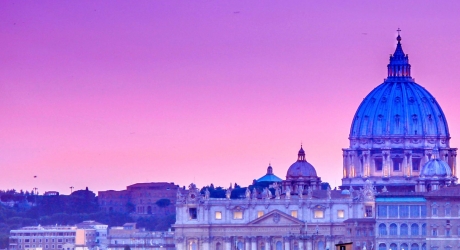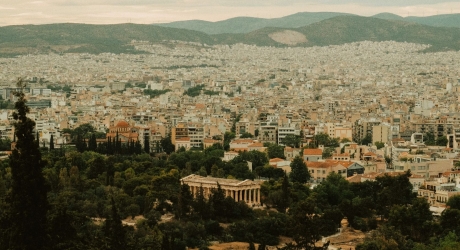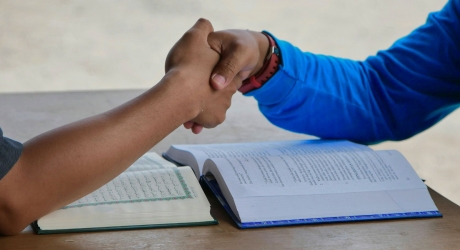The Times of India | June 16, 2025
Peace is integral to the meaning of the very word ‘Islam’ itself. The root of the word ‘Islam’ is s-l-m, which is related to the Arabic word for ‘peace’. And so, Islam means a religion of peace. According to a hadith (recorded in the Sahih al-Bukhari), the Prophet remarked that peace is part of Islam. Likewise, the Prophet is reported to have declared that a Muslim is one from whose tongue and hands people live safely (Musnad Ahmad, Hadith no. 7086). In other words, a Muslim, in the true sense of the word, is a person who does not harm anyone by his or her words or deeds.
Of the various names or attributes of God mentioned in the Quran one is As-Salam (59:23), or ‘The Source of Peace’. That is to say, God is Peace. Similarly, in a hadith recorded in the Sahih al-Bukhari, the Prophet observed that God Himself is Peace. Moreover, God’s guidance is referred to in the Quran (5:16) as subul as-salaam or ‘the ways of peace’. According to Islam, heaven is the ideal abode for Man, and the Quran (10:25) refers to heaven as daar us-salaam or the ‘home of peace’. Elsewhere, the Quran (56:26) says that the inhabitants of heaven will greet each other saying, ‘Peace! Peace!’ In other words, life in heaven will be entirely peaceful.
We are told by the Quran (4:128) that ‘reconciliation is best’. This means that, in terms of consequences, reconciliation is the better option. According to the law of nature that God has devised, reconciliation leads to successes and achievements that would simply be impossible by having recourse to violence.
In a narration recorded in the Sahih al-Bukhari, Aisha, wife of the Prophet, is mentioned as having noted that whenever the Prophet had to choose between two courses of action, he would always choose the easier one (Sahih al-Bukhari, Hadith no. 6786). This indicates that when opportunities for peaceful activism exist, one should never give preference to violent activism: peaceful activism is the easier option, while violent activism is the harder option.
For example, for a movement to attempt to overturn the status quo all at once is the harder option; an easier option is to avoid such an attempt, and, instead, to work within the existing boundaries. Taking recourse to violence in the event of a conflict is more arduous, while responding to the situation by seeking reconciliation through peaceful methods is far less so. Reacting to aggression with counter–aggression is always a tough proposition, while responding with patience, steadfastness and tolerance is the easier way. Protesting and stirring up people to solve a particular problem is patently difficult to do, whereas acting quietly and without any great hue and cry is an easier solution. Bringing about reform by radical means presents many problems, while adopting a gradual, step-by-step policy is by far the simpler approach. Acting in the heat of the moment with fiery passion and without stopping to consider the consequences is hardly a prudent course to adopt, while taking steps wisely after considering their likely results is a smoother path to take. To oppose existing rulers is a task fraught with much trouble and danger, while steering clear of the rulers and focusing instead on educating and guiding people is a much easier course. These instances illustrate what is meant in the above-quoted hadith by giving preference to easier options rather than to harder ones.
The fact is that in Islam, peace is the rule while war is the exception. The entire range of Islamic teachings and the practical life of the Prophet testify to this.
Source: Islam and World Peace











